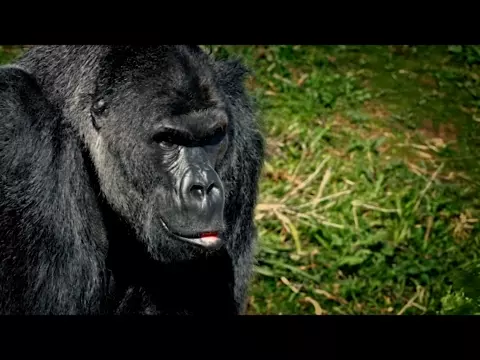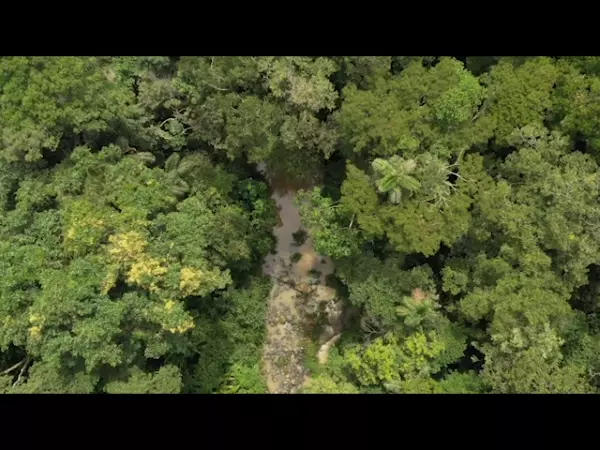General OverviewWorld Heritage Sites.

World Heritage Sites serve to protect and preserve cultural and natural heritage considered to be of outstanding value to humanity. The status is universal in its application, in that it belongs to all peoples of the world, irrespective of the territory in which it is located.
Many World Heritage Sites are specifically identified and selected for their outstanding biodiversity values, protecting many of the most important ecosystems and areas of high biodiversity on the planet.
There are sites of significant on-going ecological and biological processes in the evolution and development of terrestrial, fresh water, coastal and marine ecosystems and communities of plants and animals. Others contain the most vital natural habitats for the conservation of biological diversity, including those containing threatened species of outstanding universal value.
UNESCO World Heritage Sites provide significant opportunities for reinforcing biodiversity conservation and the sustainable use of biodiversity, due to strong links between cultural and biological diversity. Since 2010, bio-cultural heritage has been promoted by UNESCO and the Secretariat of the Convention on Biological Diversity (SCBD) through their Joint Programme on Biological and Cultural Diversity.
Interactive Map of the Parks.
World Heritage Sites serve to protect and preserve cultural and natural heritage considered to be of outstanding value to humanity. The status is universal in its application in that it belongs to all peoples of the world, irrespective of the territory in which it is located.




Salonga National Park
| Salonga National Park (SNP) is a UNESCO World Heritage Site that lies at the heart of the central basin of the Congo River. The area is so remote that it can only be accessed by water or air. With a size of 33,676 km2 (about the size of Belgium), it is Africa’s largest protected area. |

Dzanga Sangha Protected Areas
| The Dzanga-Sangha Protected Areas (DSPA) comprises an area of about 4,500 km2 in the southern part of the prefecture of Sangha-Mbaéré, in the southwest of the Central African Republic. The park is part of the Trinational de la Sangha UNESCO World Heritage Site. |

Lobeke National Park
| The Lobéké National Park (LNP) was established in 2001 and is part of the Trinational de la Sangha UNESCO World Heritage Site. It is situated in the far southeast of Cameroon. It borders the Democratic Republic of Congo and the Central African Republic, comprising a total size of 2,153 km2. |